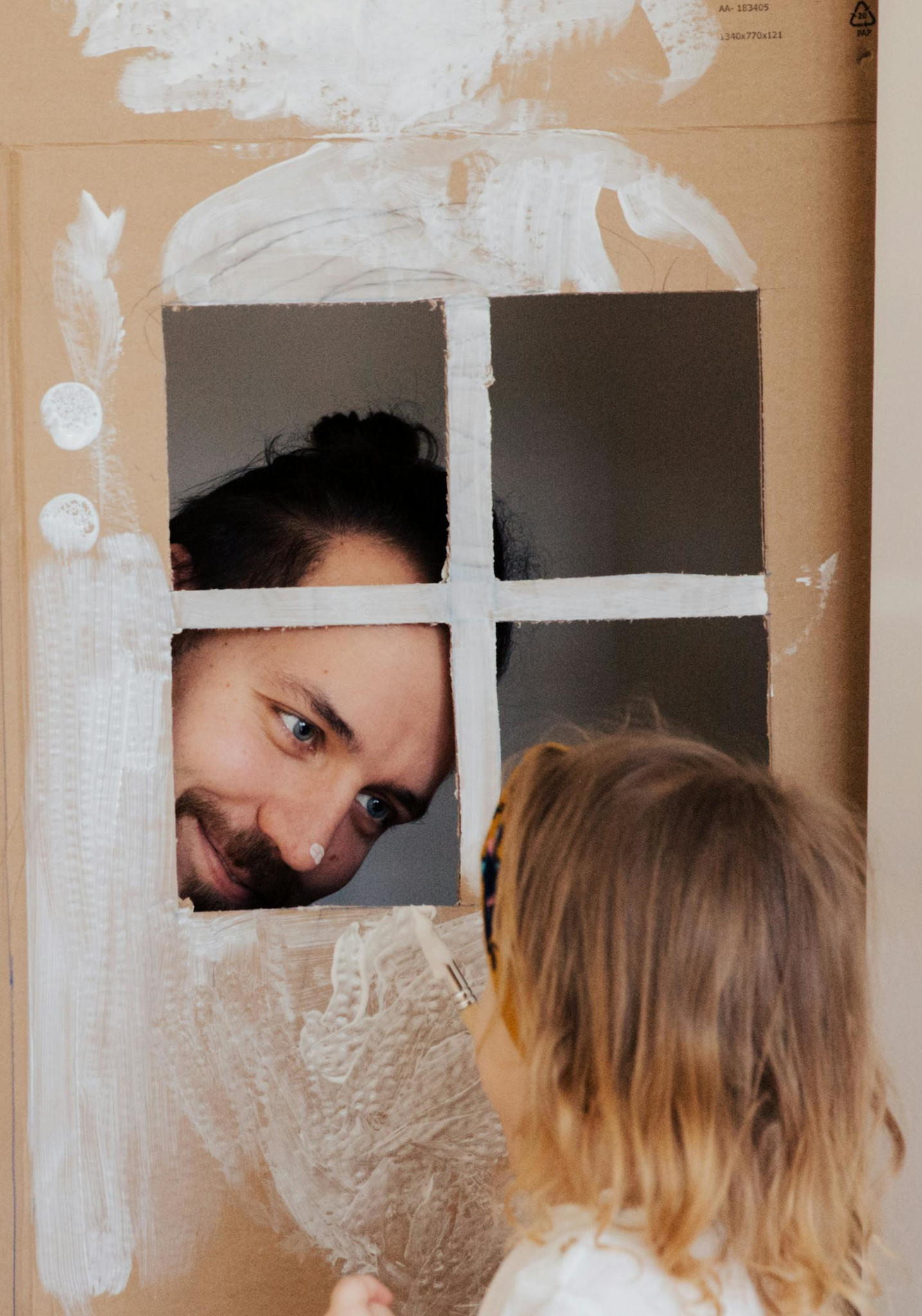

Our facilitators are experienced and highly qualified child psychologists with experience in diagnosing learning and neurological differences, running highly effective child and family therapy practices, and coaching parents, educators and caregivers to help children thrive.


General Course Content:
Lily’s courses are built around the renowned ‘Circle of Security’ approach, developed by leading child psychologists and experts in attachment theory. This method offers a deep, practical understanding of how to nurture and respond to your child’s emotional needs, creating a strong and secure bond.
But we don’t stop at theory. Our course offers a rich, therapeutic experience led by expert child psychologists with extensive clinical backgrounds. They bring a wealth of insights and personalise the learning process, focusing on your child’s specific needs and challenges.
In a warm and supportive environment, you’ll join a group of parents who are on the same journey. Together, you’ll share experiences and grow, creating a community of encouragement and understanding. This course is designed to be more than just educational; it’s an enriching experience that will transform how you connect with your child.
Neurodiverse Course Content:
Lily’s courses are built around the renowned Circle of Security approach, developed by leading child psychologists and experts in attachment theory. This method offers a deep, practical understanding of how to nurture and respond to your child’s emotional needs, creating a strong and secure bond.
Every child, whether neurotypical or neurodivergent, benefits from having a strong and loving connection with their caregivers. For instance, children with autism or ADHD build secure bonds with their parents just like neurotypical children do. However, they might show their need for love and security in ways that are a bit different and sometimes harder to understand.


Because of these differences, parents might need to adjust their approach to better connect with their neurodivergent children. This could mean learning to recognise and respond to their unique ways of showing affection and need for comfort. For example, instead of expecting a verbal expression of need, parents might look for subtle cues like changes in their child’s usual behaviour.
Lily’s Circle of Security based approach facilitated by expert child psychologists empowers parents to understand and pick up on their neurodivergent child’s unique needs, to nurture these special bonds and support their child’s emotional well-being and development.
Our expert child psychologists bring a wealth of insights and personalise the learning process, focusing on your child’s specific needs and challenges.
In a warm and supportive environment, you’ll join a group of parents who are on the same journey. Together, you’ll share experiences and grow, creating a community of encouragement and understanding. This course is designed to be more than just educational; it’s an enriching experience that will transform how you connect with your child.


About the Circle of Security Approach
The Circle of Security is a parenting approach designed to help parents and caregivers understand and respond effectively to their child’s emotional needs. It’s based on the idea that children need a secure base to explore the world and a safe haven to return to when they feel scared or need comfort.
Key Points of the Circle of Security:
Secure Base:
Children need to feel safe enough to explore their surroundings. Feeling secure makes them more likely to try new things and develop independence.
Safe Haven:
Supportive Responses:

